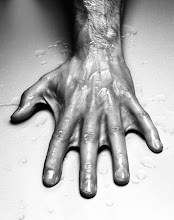Here is the first of our opening night reviews to come in:
"It was slick and smooth...acting straight out of the top drawer"
"The play moves along at a good pace, with some truly excellent comic timing from the cast, and the loud laughter it received was well-deserved."
"Sam Caird as Moritz was particularly effective, succeeding in drawing out emotion from his sweet, pathetic character. It was always going to be important for him to have good chemistry with the other actors; fortunately, this is comprehensively achieved."
"Lizzie Davidson was particularly noticeable out of the background characters, with her portrayal of the abused Martha Bessel one of the most solid and moving of the evening. For someone making her Oxford theatrical debut, she was impressively confident, and is worth watching in the future."









